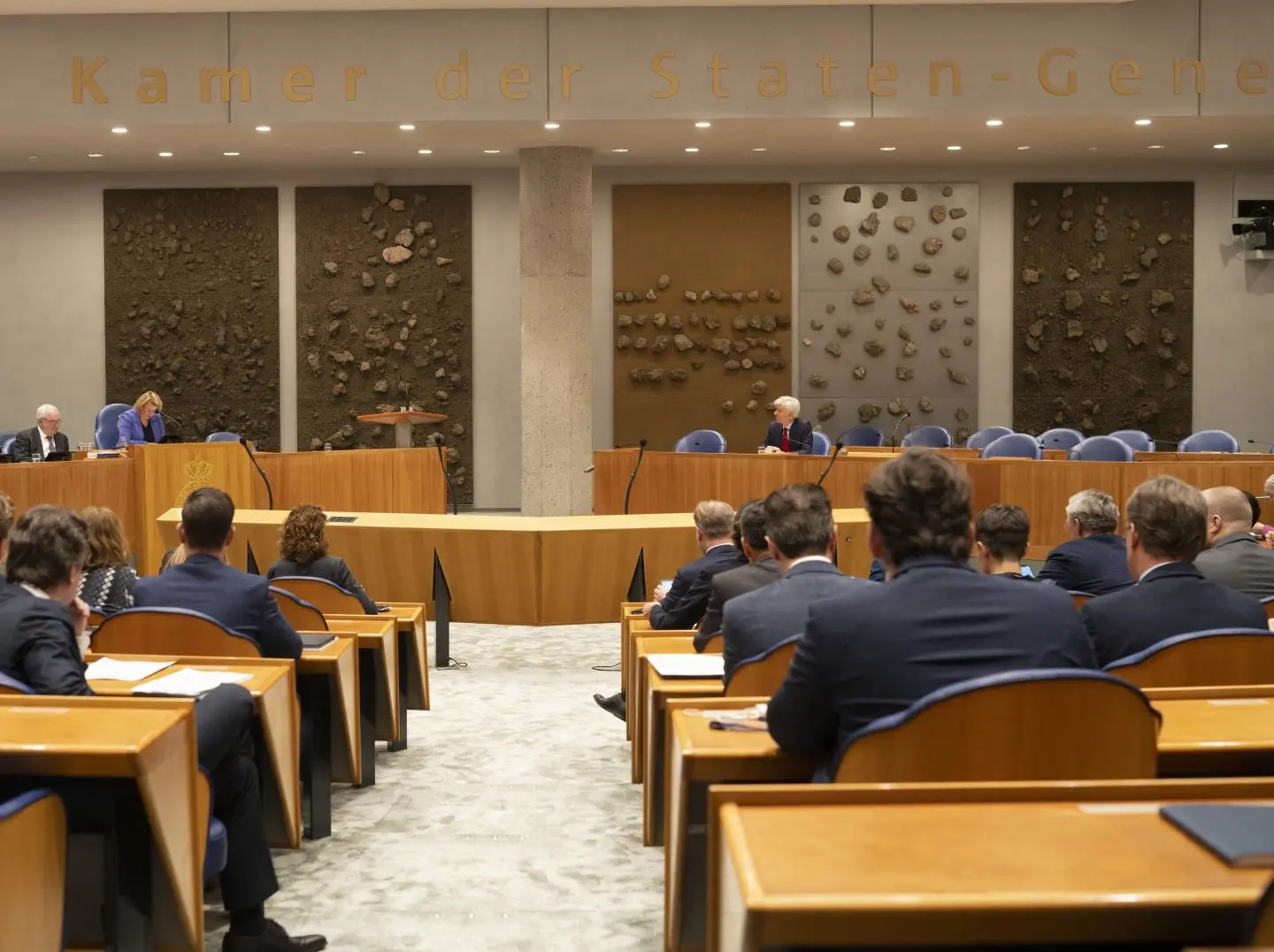
What are the 2025 House of Representatives elections about?
Share on social media:
On 29 October, the House of Representatives elections will be held in the Netherlands. Political parties have different ideas about how the country should be governed. The election programmes contain many topics that are important. Below you will read about 4 topics that recur a lot: housing, asylum and migration, money and income, and the international, political role of the Netherlands.
Housing: Housing shortage in the Netherlands
Many Dutch people are worried about the housing market. There is a major shortage of affordable houses and waiting times for social rent are long. Some parties such as GroenLinks-PvdA and SP want to build more social housing, while other parties such as VVD and BBB would prefer to relax the rules so that construction can be accelerated, including by private investors.
Some parties, such as VVD, BBB, PVV, FvD and JA21, want to make a new law abolishing the priority for refugees with a residence permit in social housing. These parties think this will partially solve the housing shortage. According to the
Supporters of the law believe that everyone in the Netherlands should have the same chance of housing. Opponents such as GL-PvdA, D66, CU, SP, DENK, PvdD and Volt say this idea will keep refugees in reception centres for longer, which will tie up throughput and actually increase pressure on reception centres.
A number of parties, such as NSC, CDA and SGP, do mention that the housing market is under pressure from migration, but do not say anything concrete about abolishing priority for status holders.
Asylum and migration
Asylum and migration is an important topic in election programmes and the positions of all parties. It is about who may come to the Netherlands, how long people may stay here and how reception and integration will be arranged. Some parties want the Netherlands to have stricter rules for admitting refugees and migrants. Other parties believe that the Netherlands should continue to protect people in need, according to international agreements. Supporters of a stricter policy, such as VVD, BBB, PVV, FvD, JA21, NSC, CDA and SGP, want less influx and stricter rules. They also want agreements in Europe on returning refugees and guarding European national borders. Opponents of a stricter policy, such as GL-PvdA, D66, CU, SP, DENK, PvdD, and Volt, believe that the Netherlands must continue to protect refugees and that reception centres must remain humane.
Money and income
Many people worry about money. Supermarket prices are high, energy is expensive and it is difficult to earn enough to live. In the election programmes you can see big differences between parties on how to solve this.
Some parties want the government to increase the
GL-PvdA, SP, D66, CU, DENK, PvdD and Volt want to increase the minimum wage and benefits, and more support for low-income people.
VVD, BBB, NSC, CDA, JA21, PVV, FvD and SGP want to pay fewer taxes and for it to be cheaper to live. VVD, BBB, NSC and FvD think it is important that people who own businesses can work well and earn money and that work should pay more. PVV, CDA, JA21 and SGP focus more on
The Netherlands in international politics
The Netherlands plays a role in international politics: in the
There is debate in the Netherlands about how much money the Netherlands should spend on defence. NATO has agreed that countries should give 3.5 percent of their national income for defence and another 1.5 percent for broader security. On the one hand, GL-PvdA, VVD, NSC, D66, CDA, CU, SGP, PVV and Volt support the increase. On the other hand, SP, PvdD and DENK are critical and feel that security is primarily about diplomacy and human rights. With BBB, JA21 and FvD, their position on the 3.5 percent standard has not yet been clearly stated in their programmes.
The war in Gaza is an important issue for many parties. Parties such as GL-PvdA, SP, PvdD and DENK want an immediate end to the fighting and for the Netherlands to stop sending weapons to Israel. They think the Netherlands should do more to enable humanitarian aid and protect the rights of Palestinians. Other parties such as SGP, PVV, BBB and FvD believe that the Netherlands should continue to support Israel. Parties such as VVD, CDA and NSC believe that the Netherlands should continue to call for peace and humanitarian aid in Gaza, but that Israel also has the right to defend itself against Hamas attacks.
The war in Ukraine also plays a role this election. Almost all parties support Ukraine, but the approach differs. Parties such as VVD, D66, CDA, GL-PvdA and Volt want the Netherlands to continue supporting Ukraine with weapons, money and reception centres for refugees. They believe European countries should remain strong together against Russia. Other parties, such as SP, PVV, FvD, JA21 and BBB want less military support and think the Netherlands should focus more on peace between Russia and Ukraine and help for people affected by the war.
How do you choose which party to vote for?
The election programmes show that there are many differences in the plans of parties. Some put more emphasis on security and stricter rules, while others on solidarity and protection.
To make a choice, it is important to consider what you value most. For some people, that is affordable housing or sufficient income. Others value good healthcare more, or the role the Netherlands plays in the world.
You can compare parties' programmes, for example, with a voter guide such as